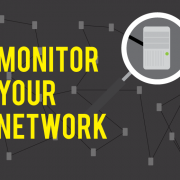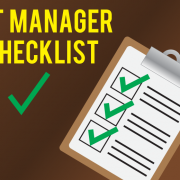IPV6 – Implications for Backup and Storage
The world is not the only thing that is expected to end in the year 2012, so are IPv4 based Internet addresses.
Researchers are struggling to prepare themselves for the transition and deployment of the next generation of Internet based addresses before the demand for Internet ready devices exceeds the limited quantity of IPv4 addresses that still exist.
All telecom and Internet Service Providers (ISPs) will be required to be IPv6 compliant by Dec 31, 2011 with government agencies having a deadline of March 2012. IPv6 standards are being dictated by the National Institute of Standards and Technology (NIST) USGv6 Test Program.

The transition towards IPv6 will not happen overnight and when the World Wide Web does run out of IPv4 addresses, millions of devices that only support the IPv4 protocol will still exist. With this being said, IPv6 enabled dedicated and Virtual Private Servers (VPS) are designed with native tunneling and dual stack gateway services that they can be used simultaneously to support both the IPv6 and IPv4 protocols.
IPv6 is also Mobile Multicast enabled and supports high performance networks such as Gigabit, OC-12, and ATM. To utilize the IPv6 protocol, your operating system and hardware must first be IPV6 aware. This will require worldwide system upgrades.
What questions do Managed Service Providers (MSPs) providing offsite backup services need to ask?
– Is your current backup solution fully IPv6 compliant? (Remote server and backup agents)
– Is your current network fully IPv6 compliant?
– Is your hardware fully IPv6 compliant?
– What software and hardware configurations will be required to enable IPv6?
ROBOBAK, a complete cloud based data protection solution for the Remote Office/Branch Office (ROBO) backup, is fully IPv6 compliant. ROBOBAK V11 also offers full support for agent based/agentless backup & restore of Microsoft SQL Server 2008 R2, and Microsoft Exchange 2010 on both the 32-bit and 64-bit architecture.








Leave a Reply
Want to join the discussion?Feel free to contribute!